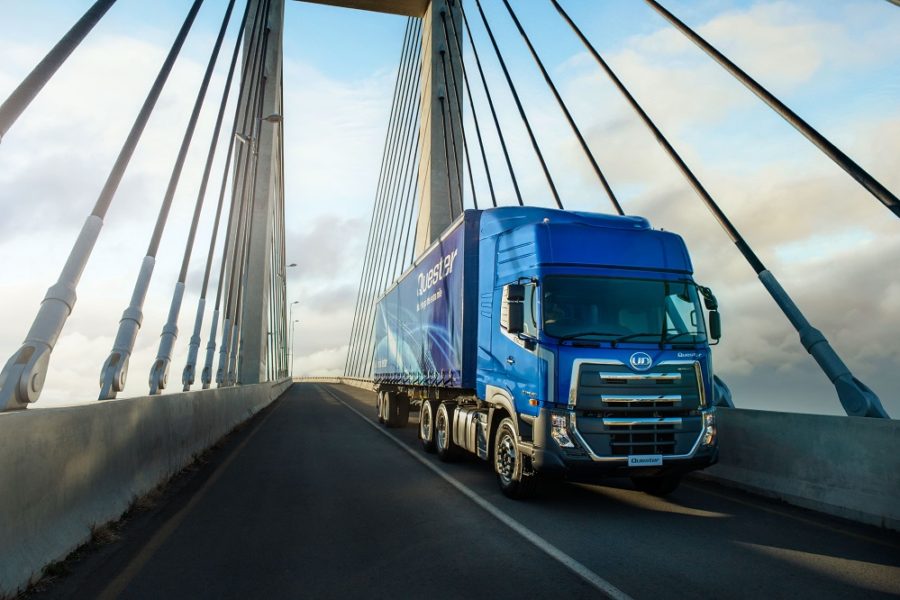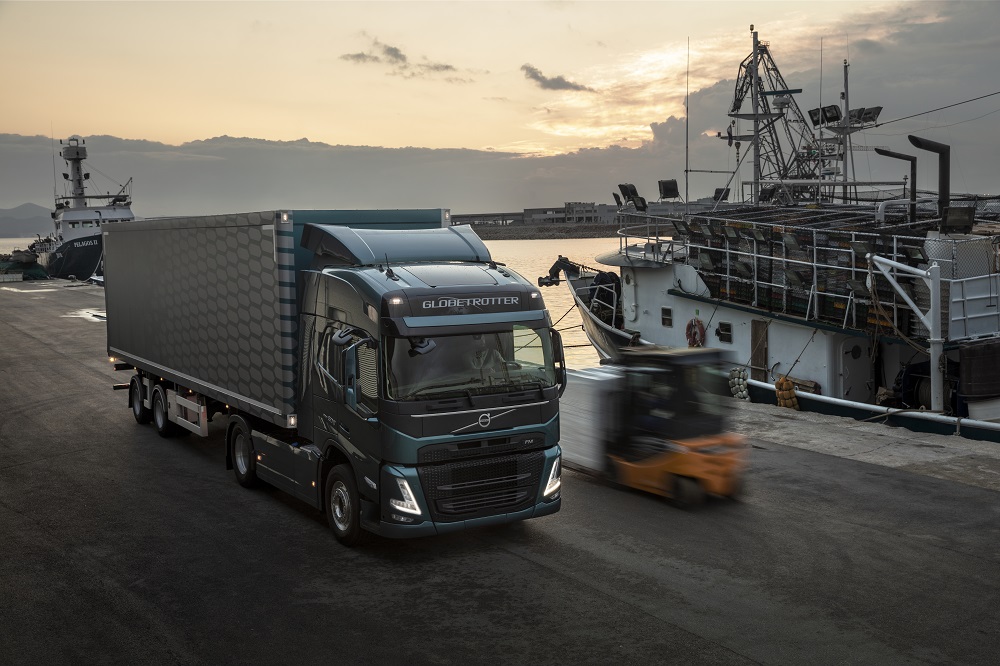Shipping freight involves different strategies that address various needs. As a logistics company, you must know the right shipping method to offer your clients depending on their unique requirements.
Two of the most common methods you can offer your clients are Full Truckload (FTL) and Less Than Truckload (LTL) shipping. These shipping strategies have different characteristics that may help your clients decide which one works best for their business.
Size
One of the biggest considerations your client may have when doing long-haul freight transportation is the size of the shipment. If your client is looking to transport about 100 to 5,000 pounds of shipment, they can choose LTL shipping. Because their shipment will not be enough to fill an entire truck, small shipments from other clients that are heading the same route may be loaded as well.
On the other hand, if your client needs to ship a large number of products, you should advise them to choose FTL. This kind of shipping can accommodate shipments that fill an entire truck and weigh 20,000 pounds or more.
Price
When your client chooses LTL shipping, they only have to pay for the space that their shipment takes up. This means that they wouldn’t have to pay a lot of money if they’re not transporting a large number of products. They also don’t need to pay for the extra space in the truck they are not using.
Meanwhile, since FTL shipments often use up almost all the space in the truck, this shipping method costs more. Your client will have to pay a higher cost for more space to accommodate their shipment.

Time
If your client is concerned with shipping and delivery time, the FTL shipping method might be best for them. Because an FTL shipment picks up and delivers your client’s cargo directly, they won’t have to worry about any delays.
On the other hand, LTL shipments usually include more products other than your client’s products. This means that the truck may make multiple stops and transfers to accommodate other companies’ shipments before your client’s cargo reaches its destination.
Handling
With FTL shipping, your client’s shipment will stay on the same truck throughout the transportation process. Aside from saving time, this is also a beneficial factor if your client is shipping high-risk or delicate products.
If your client is concerned with the handling of fragile items, then LTL shipping may not be ideal for their business. This is because LTL shipments may be transferred to other trucks before being delivered, which increases the risk of damaged and misplaced products.
Find the Best Shipping Method for Your Clients
Help your clients decide which shipping option works best for their unique needs. To fulfill their requirements easily, you need a top-performing long-haul truck like the ones we offer at Prime Quest. For more information regarding the vehicles we offer, reach out to us.




